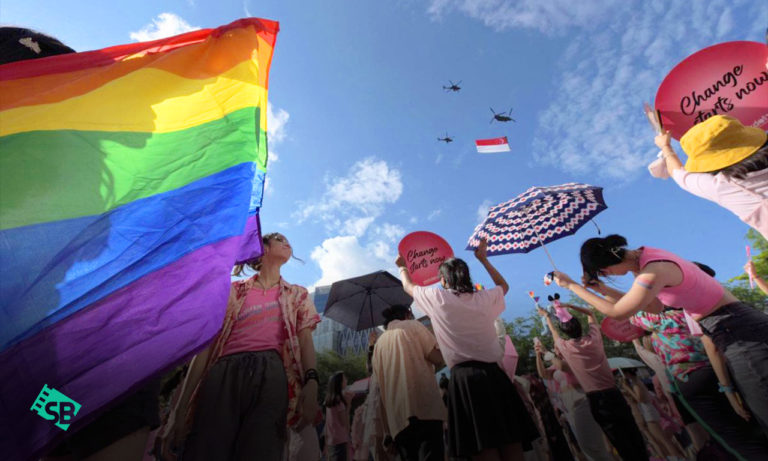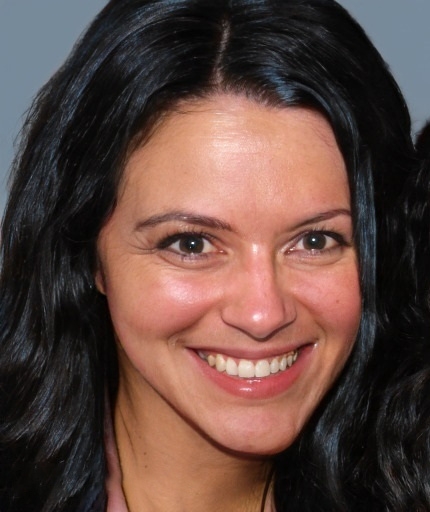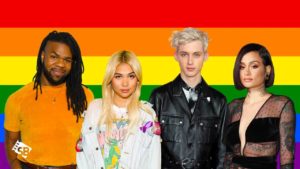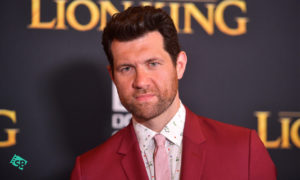There are undoubtedly more LGBTQ characters in movies and television shows today than ever before. Recently, the Singaporean government clearly declared that it will continue to restrict and classify content that is primarily deemed with LGBTQ themes. They will not allow any content that represents lesbian, gay, or bisexual relationships.
They will still regulate and categorize media items containing LGBTQ content, even after the proposed decriminalization of same-sex marriage.
After the announcement, LGBTQ people came out on the streets chanting for their rights. With the queer communities gathering acceptance from across the globe, notable celebrities like Lady Gaga are also seen speaking in the favour of LGBTQ+.
It was announced on Sunday by the Singaporean Prime Minister Lee Hsien Loong, that a colonial-era law criminalizing sex between men will soon be repealed. The law, Section 377A of the Penal Code, was introduced in 1938 and established a two-year jail term for “any act of gross indecency” between two men. This means any man who is caught getting involved in an activity related to sexual conduct with another man, either in public or in private, will be considered a serious crime and face consequences as per the Section 377A.
Anthony Chen, a Singaporean filmmaker (Ilo Ilo, “Wet Season”) living in London, also applauded the proposed repeal.” He wrote on Twitter, “Long overdue but well done Singapore.”
He twitted on from his @anthonychenz account, praising the Singaporean government:
Long overdue but well done Singapore! https://t.co/5tNJI7yPUm
— Anthony Chen (@anthonychenz) August 22, 2022
Until roughly ten years ago, the law was used as justification for police raids on gay-owned businesses and street arrests. Even though the law hasn’t been strictly enforced since 2010, it still has an impact on the media and entertainment industry’s stringent anti-LGBTQ policy.
In June, the country’s rating authority limited the Disney and Pixar animated film “Lightyear“ to viewers who were 16 and older due to its depiction of a kiss between two female characters. A children’s book with same-sex penguin couple was also withdrawn by the National Library Board, but the ban was later reversed and it was categorized as an adult book.
The Ministry of Communications and Information said on Monday, that LGBTQ media content will continue to get warnings for higher age ratings even after the repeal of Section 377A.
Are you in favor or against Section 377A? Let us know!
The MCI said in a statement of clarification, “We will continue to take reference from prevailing norms. LGBTQ media content will continue to warrant higher age ratings.”
The country’s Films Act is likely to restrict and don’t allow content that is primarily deemed for “promotion of homosexuality” or content with “excessive depiction of sexual activity between individuals of the same gender.”
The Country’s InfoComm Media Development Authority, which regulates the industry, operates a content code that focuses on films that promote “alternative sexualities,” such as homosexuality, as to “be sensitive to community values.”
The company said the content will be restricted to watch except for adults older than 21, “Films that center on alternative sexualities may be classified at (the) highest rating of R21. Non-explicit depictions of sexual activity between persons of the same gender may be featured at an R21 rating.”
The IMDA code says, “If discreet in treatment and not gratuitous.” The content which has a lower rating of M18 will be allowed for viewing by people older than 18 and may be applied where the homosexual themes or content are a subplot.
Lee said he also intends to amend the country’s constitution, in order to protect the country’s present heterosexual definition of marriage from being contested in court.
Lee stated, “Many national policies rely upon this definition of marriage — including public housing, education, adoption rules, advertising standards, film classification,” further saying, “The government has no intention of changing the definition of marriage, nor these policies.”
The law minister K. Shanmugam said on Monday that Lee’s approach is not intended to enshrine heterosexual marriage as part of the nation’s constitution, but rather to prevent legal challenges to that operational definition.
The ages old concept of heterosexual marriage is when one person is sexually or romantically attracted to another person of the opposite sex, and so the country’s dominant public broadcaster is restricted from carrying positive portrayals of queer characters.
Many people in Singapore regard the new repeal of 377A as only a small step for LGBTQ rights, due to the continuous monitoring and regulation of what type of media will be publicly accessible. Whereas, a non-governmental organization Human Rights Watch called the move a “mixed message.”
Due to current circumstances, and the LGBTQ community, raising voices for their rights, Phil Robertson, the NGO’s Deputy Asia Director tweeted on his @Reaproy account, saying,
“noting real progress that revoking article 377A will bring but raising serious concerns.”
Mixed messages on #LGBT rights in #Singapore says @hrw, noting real progress that revoking article 377A will bring but raising serious concerns about discrimination if Constitutional amendment on marriage is passed. Eliminating anti-LGBT discrimination needed across the board. pic.twitter.com/tKGvn4cS2b
— Phil Robertson (@Reaproy) August 22, 2022
He tweeted, “[We’re] noting real progress that revoking article 377A will bring, but raising serious concerns about discrimination if Constitutional amendment on marriage is passed. Eliminating anti-LGBT discrimination is needed across the board.”
Singapore’s neighbor Malaysia is also maintaining a strict anti-LGBTQ position. There, the government recently caused “Lightyear” and Marvel movie “Thor: Love and Thunder” to lose their theatrical releases by requesting LGBTQ-related cuts to the films that Disney did not accept. Since the furor, the Malaysian government has said that it plans to further act against content containing LGBTQ elements. The country also operates a sharia system, Islam’s legal system, in parallel with its secular legal system.
It’s a fact that the LGBTQ community is raising their voices and appearing on media more than ever before. A recent GLAAD research indicates that LGBTQ+ representation on television is at an all-time high. All broadcast networks have about 12% of LGBTQ people’s faces in their programs.






